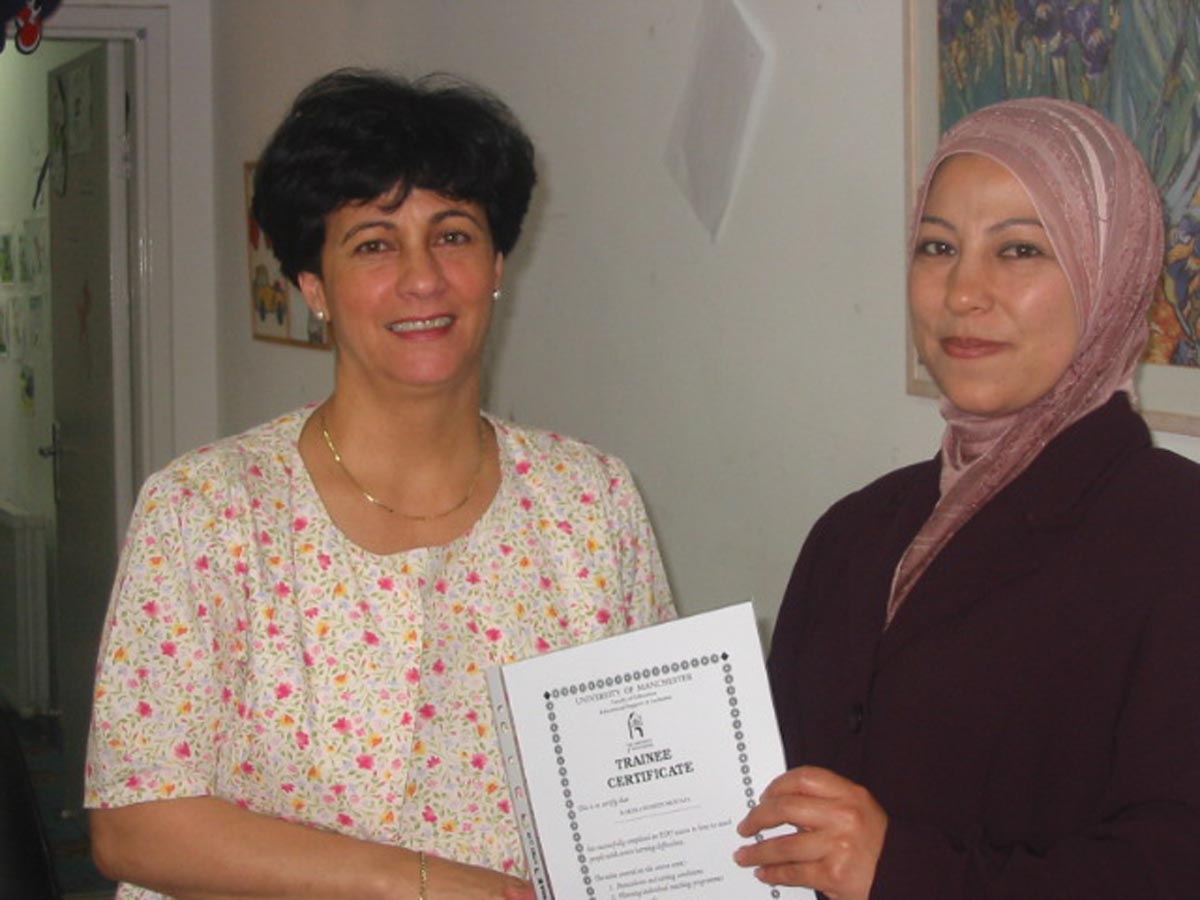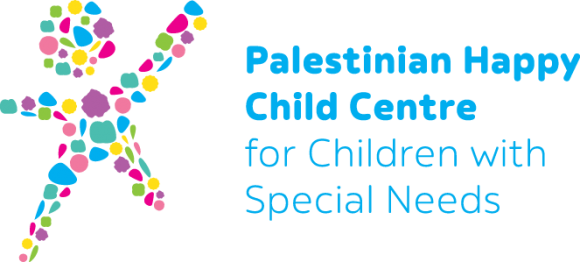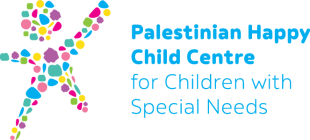
From rescuing an Israeli soldier….
to not believing that there is any Israeli Politician who wants peace.
Long walk to freedom.
From the minute I was born, I was told, then taught, that my name is Jumana Odeh from Lifta. At first I thought Lifta was a member of my family! I was confused over this, thinking: “but I was born in Jerusalem and raised in Ramallah, so why don’t I say : I’m from Ramallah?” Then one day my Dad took us to a frontier village near Jerusalem to show us Lifta, his village, where he was born as well as his great-great-great grandfather. I found out that there was a meaning to “Lifta”. It simply meant “the homeland” to my Dad. For me Lifta became a nice dream. It meant “Home with an almond tree”…next to a busy street full of cars. Lifta is located on the Jerusalem – Tel Aviv highway. One day I visited Lebanon with my father and I saw the sea for the first time in my life, so I began dreaming that one day, my beautiful Lifta would move in one of the many cars that I saw and go to the sea shore. I was 11 years old in 1967 when I heard my Dad saying : “No, I’m not going to leave my home again, one time was enough to be uprooted from my land, I’ll die here…” I can’t forget those moments when the Israeli army occupied Ramallah and I was hiding with my brothers and sisters under the beds waiting until we all would die under the heavy Israeli fire…
I tried after that to live a “normal” life with my family, to go to school, play, dance my favorite Dabkeh and dream of a better life. I was still 12 when for the first time I participated in a demonstration against the Israeli occupation and I cannot to this very moment forget the pain I felt when a soldier beat me until I lost consciousness. It took me a long time to realize why that soldier had beaten me so harshly. My small heart, full of the love and forgiveness with which my parents and grandparents had raised me, could not understand why. After all, I had done nothing except peacefully to say: “I don’t want you here on my land.”
When I was 18 I left my country alone on a scholarship to study medicine abroad. I used to go and come via the bridge to Jordan and each and every time I crossed the bridge I felt the humiliation that the Israeli occupiers used against us Palestinians. Each time I came home I was challenged by the Israeli soldiers, each time I was kept for many hours, just like many other students and young people, and asked lots of questions about my study, about my friends and about my political views. My answer was each time very simple, that I love freedom, I hate the occupiers and this is my political view. Once I was interrogated because I was reading a book while waiting for my turn to go through. I was stopped for 2 hours just because I was reading; the book was a novel by Nagib Mahfouz. I also remember the time Shmuel, an Israeli soldier on the Allenby bridge who gave me some cold water to drink after I had been interrogated for 3 hours, was punished for it by his commander who had seen him.
I graduated from medical school to become a young physician and started working in our hospitals and learning what medical schools couldn’t teach us, what it means to work under military occupation, to feel so frustrated that you are running out of alcohol or cotton or bandages or essential antibiotics for your dying baby patient. Or to be faced by injured youth when you are not trained to deal with “war casualties”. I learned, as did any of my other colleagues, the real meaning of health in its social, economic, human, psychological and political dimensions.
Still I had a space for ” the other”. I was on call in the emergency room when casualties from a traffic accident arrived at the hospital. I can still hear the voice of the Israeli settler mother calling for her “tinok” (meaning baby in Hebrew). I was in tears and I fetched her baby, and brought it to a semiconscious mother to tell her that her baby was safe. I kept the baby with me until an Israeli ambulance came to pick up the casualties. And again, I can’t forget his eyes, calling for help. He was a young Israeli soldier who had run away from the middle of the confrontation: Palestinian youths throwing stones at Israeli soldiers and getting shot. This soldier was injured. I treated him and helped him to escape to a safe area: I saved his life. I have no regrets.
Still I had space for the other. I always tried to see the other side of each and every Israeli that I met, including the Israeli soldiers on the many checkpoints through which I had to go through four or five times a day, on my way to work as a pediatrician in the West Bank, East Jerusalem or Gaza. I even tried to learn more about the Israeli people, their culture, their religion and their language. And I made some Israeli friends.
To know what it means to live under occupation, you have to go through it, you have to live the occupation. It means to be humiliated and harassed every minute. Your water, your electricity, your economy, your freedom to move around, your freedom to express yourself and your land all are controlled by a foreign military force. To live under occupation means to leave your home to work, not knowing if you’ll come back or not, it means that your children go to school and you don’t know if you will see them again or not. You ingest the occupation in the oxygen that you breathe, the water that you drink, the food that you eat, and the news that you read or watch at the end of the day. I tried my best, not to accept but rather to try to live with it, to adapt to it and find ways to live a “normal life”, like people all over the world do. I wanted to live in peace with myself and with my family , and to be honest with my daughters. I even tried to explain to my daughters, when they asked me why an Israeli soldier had killed our cousin Fadi in 1994, that we are in crisis and that the 16 year-old Fadi had been killed by a crazy Israeli individual.
Yes, I tried to be myself and live to love rather than to hate. But to see the 12 year-old Mohammad al-Durra being killed in cold blood! And to read that general Mofaz, the educated, civilized, democratic father, thinks that Mohammad had been participating in demonstrations against the occupiers before, that is to say, when he was 7 years old, and so Mohammad deserved to die! And Sarrah, not yet two year-old Sarrah, killed by an Israeli settler! Why? And what should I tell my daughters, when they ask me “Mom can you protect us, Mohammed’s father and Sarrah’s father couldn’t protect them!” Or when Ramallah was bombed by helicopters and my daughters with their schoolmates witnessed all that and were terrified, or when my 16 year-old daughter Dana tells me: ” No, Mom, I’ll never leave my home again”, because she and her sister had been taken by their grandparents to stay with them and be with their cousins in a safe place after the bombing of Ramallah? And she says: “I would like to ask those soldiers, why do you kill children? Can you go to sleep after that ? Don’t you have children? If they ask you: where have you been, do you tell them that you were involved in killing Sarrah, Mohammad, Nizar and many other kids? Don’t you think that all of those kids have mothers and fathers just like you and they want to be hugged and be loved, exactly as you and your kids do?” Or when my 11 year-old daughter Tala asked me: “Why, Mommy, do settlers shoot at us every night? Why do they start so late at night? I’m scared. Why do they kill children?” And it’s true, there are some settlers living in a settlement at the edge of Ramallah, and they begin shooting every night at 30,000 people in Ramallah and El Bireh. What do they want from us? I believe that the message we are being sent from all that is: shut up, you sub-humans! It is a case of power over justice, over humanity and over peace, of arrogance against civilization.
This is what an analysis of casualty figures and types of injuries, after three weeks of the current uprising, have yielded: 8% of the all martyrs are children; 10% of the wounded are children; on one single day, October 23, 2000, 15% of those wounded died; the overall percentage of wounds to the upper parts of the body (heart and head) was initially 50,2%, and has gone up to 83.2 % in the later period; the use of live ammunition has gone from 20,2% to 57,7%, and now to 82%; 44% of casualties are now injured in the chest and 43% in the head (for a combined total of 87%); 18% of all wounded are in a state of clinical death, critically wounded, paraplegic or quadraplegic. 20% of all the wounded are likely to remain saddled with a permanent disability; the average age of all martyrs or wounded persons is 21 years. These are the statistics which lie behind my daughters’ fears and my own shifting convictions regarding Israeli intentions, and the collective state of Israeli mental health. And the psychological scars our people will endure from the present slaughter are incalculable: what is to happen to our entire society? These figures speak eloquently of their desire to kill Palestinians, in large numbers. I hear behind the din of these cold statistics and of my daughters’ cries, the echo of Mohammad al Durra’s voice, asking for protection for our people in the 21st century; this plea must be heeded by all those who still believe in humanity.
On the other side, it is clear that the Israeli military institution is building a sick society, and that they will be faced by a whole generation of psychologically ill people. This is the fate of children and youth who are only taught to speak the language of power and of violence. And finally: I am left with no answer to the many questions from my daughters, to the call of the statistics, to the plea from Mohammed, except that: we are freedom fighters.
By: Juman Odeh MD, MPH
The Director of the Palestinian Happy Child Center
Ramallah, November, 2000
Telefax:
970-2-2964482
970-2-2956865
972-52-578877
E-mail:
jumtala@yahoo.com
phcc99@palnet.com
P.S. The statistics given in the article were provided by the Palestinian Ministry of Health (MOH).
P.S. Definition of a child is the WHO definition, under 18 years old.

